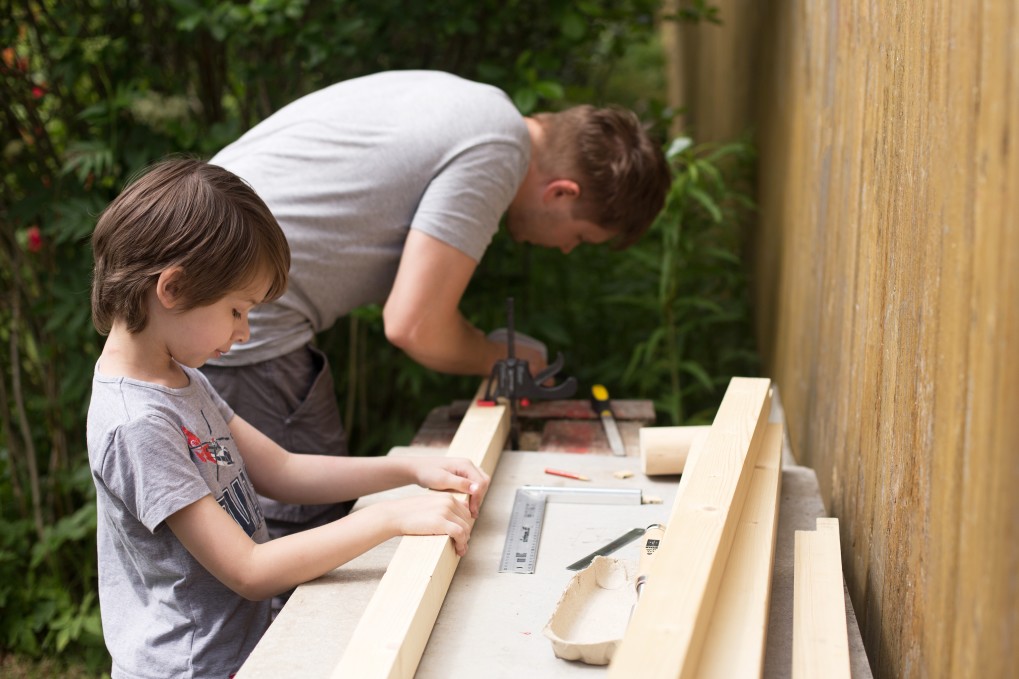Give young people meaningful roles
“Having a voice” means more than making a sound when you sing or shout. The ways people express ideas, energy, and insights make each person unique. Helping young people find their voices is one of the best ways to help them be a positive force in their families, schools, clubs, teams, or neighborhoods. This is good for them—and for your community. Young people have a lot more to contribute when their opinions are respected and their talents are tapped. Listen closely to the opinions of young people around you, and you’ll all benefit. Youth as Resources is Asset 8 of Search Institute’s 40 Developmental Assets, the qualities, experiences, and relationships that help young people grow up healthy, caring, and responsible.
Here are the facts
Research shows when young people have useful roles in their community they feel good about themselves and their future, do better in school, and get into less trouble. Everyone deserves to have their voice heard and appreciated. Only 26 percent of young people, ages 11–18, report that they’ve been given useful roles in their community, according to Search Institute surveys. Allow all young people to have a voice in issues and decisions at home, school, and in the community.
Tips for building this asset
Building this asset means valuing young people’s talents, skills, interests, and opinions. It means setting aside the belief that adults know more than the younger generation. When you see children and youth as valuable resources, they feel more empowered to contribute to the community, and at school, and home in meaningful, thoughtful ways.
Also try this:
- In your home and family: Invite your child to help you plan a party or other event. Ask for her or his opinions about the theme, menu, and guests.
- In your neighborhood and community: Choose a community issue important to you and gather the opinions of both young people and adults. When the time for action arrives, enlist the help of those who share your passion.
- In your school or youth program: Ask students and participants to find newspaper stories or images that grab their attention. In groups, talk about the topics they identified. Brainstorm ways for them to get involved and use their voices in positive ways, such as writing or e-mailing a letter to the editor, calling a legislator, attending a meeting, or forming a group.
—
Developmental Assets® are positive factors within young people, families, communities, schools, and other settings that research has found to be important in promoting the healthy development of young people. From Instant Assets: 52 Short and Simple E-Mails for Sharing the Asset Message. Copyright © 2007 by Search Institute®, 877-240-7251; www.search-institute.org. This message may be reproduced for educational, noncommercial uses only (with this copyright line). All rights reserved.
